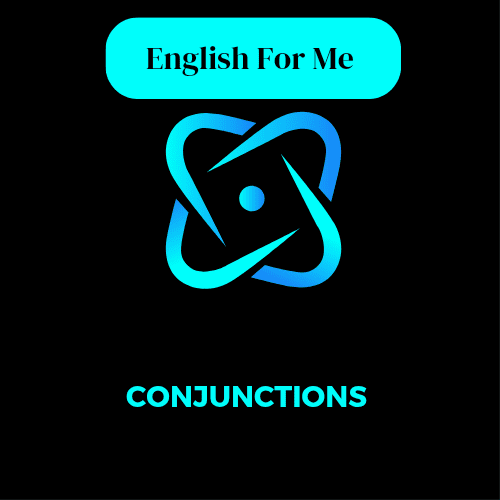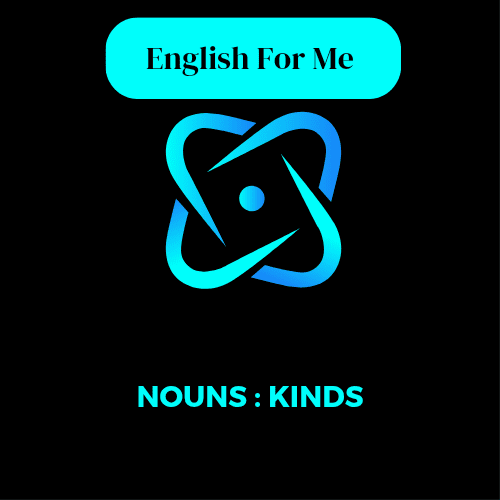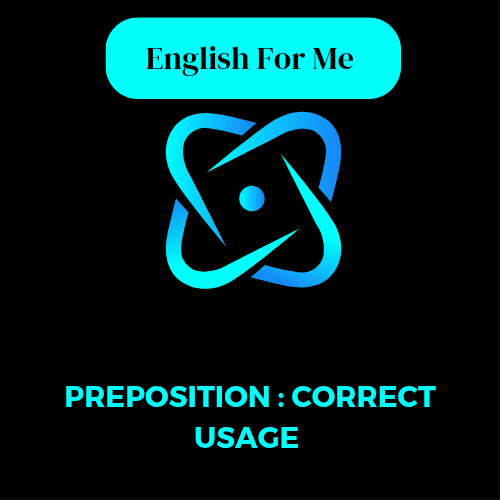Here’s a comprehensive overview of conjunctions, their types, and usage:
What Are Conjunctions?
Conjunctions are words that join words, phrases, or clauses in a sentence. They help establish relationships between ideas.
Types of Conjunctions
1. Coordinating Conjunctions
These connect words, phrases, or clauses of equal importance.
Examples: and, but, or, nor, for, so, yet
Usage:
And: Adds one idea to another (She likes coffee and tea).
But: Shows contrast (He is rich but humble).
Or: Indicates a choice (Would you like tea or coffee?).
Nor: Combines two negative ideas (He doesn’t drink tea, nor does he drink coffee).
For: Explains reason (She stayed home, for she was tired).
So: Shows result (He was late, so he missed the bus).
Yet: Shows contrast (He is short, yet he plays basketball).
More Examples
1. She likes coffee, and she loves tea.
2. He wanted to join the trip, but he had work.
3. Would you prefer to stay or go?
4. She didn’t study, nor did she attend the class.
5. He left early, for he had an appointment.
6. The game was postponed, so we went home.
7. He is shy, yet he performs on stage confidently.
Exercise: Fill in the blanks with the correct coordinating conjunction:
1. She wanted to go to the park, ______ it started raining.
2. He neither called me, ______ sent a message.
3. Would you like coffee ______ tea?
4. The road is closed, ______ we took a different route.
2. Subordinating Conjunctions
These join a dependent clause to an independent clause, showing the relationship between them.
Examples: because, although, since, while, if, unless, after, before, when, as, until, whereas
Usage:
Because: Shows reason (I stayed home because it was raining).
Although: Indicates contrast (Although he was tired, he kept working).
Since: Shows time or reason (Since it’s late, let’s go home).
While: Indicates simultaneous actions or contrast (She was reading while he was cooking).
If: Shows condition (If it rains, we’ll cancel the picnic).
Until: Indicates a limit (Wait until I call you).
More Examples:
1. Because it was raining, we stayed inside.
2. Although he is rich, he lives a simple life.
3. Let’s start the meeting after everyone arrives.
4. You can’t leave until I say so.
5. She was cooking while listening to music.
Exercise: Combine the sentences using subordinating conjunctions:
1. He didn’t attend the party. He wasn’t feeling well. (because)
2. She went to the store. It was raining. (although)
3. I will call you. I finish the project. (after)
4. You can’t go out. You complete your homework. (until)
3. Correlative Conjunctions
These work in pairs to join words or phrases of equal importance.
Examples: either…or, neither…nor, both…and, not only…but also, whether…or
Usage:
Either…or: Indicates a choice (You can either stay or leave).
Neither…nor: Combines two negatives (He is neither a teacher nor a student).
Not only…but also: Adds emphasis (She is not only intelligent but also kind).
Both…and: Combines two positive ideas (He is both smart and hardworking).
Whether…or: Indicates uncertainty (I don’t know whether to stay or leave).
More Examples:
1. Either you stay here or you come with me.
2. She is not only a great singer but also an excellent dancer.
3. He is both intelligent and hardworking.
4. Neither the teacher nor the students knew about the surprise.
Exercise: Fill in the blanks with the correct pair of correlative conjunctions:
1. I will ______ stay here ______ come with you.
2. She is ______ talented ______ humble.
3. ______ the manager ______ the staff were available at the office.
4. He is ______ smart ______ hardworking.
4. Conjunctive Adverbs
These are adverbs that act as conjunctions, connecting two independent clauses.
Examples: however, therefore, moreover, nevertheless, thus, consequently, meanwhile, otherwise
Usage:
However: Shows contrast (He is rich; however, he is unhappy).
Therefore: Indicates result (She studied hard; therefore, she passed).
Moreover: Adds information (He is kind; moreover, he is hardworking).
Conjunctions at a Glance
Because कारण दाखवण्यासाठी वापरला जातो.
She usually eats at home, because she likes cooking.
Although दोन विरुद्ध विधाने दर्शविण्यासाठी वापरली जाते.
Although he speaks seldom, he says meaningful words.
Whereas विरोधाबास दर्शविण्यासाठी वापरला जातो.
She is very funny whereas he is boring.
But विरुद्ध असलेल्या दोन कल्पनांना जोडण्यासाठी वापरला जातो.
I’m very hungry, but the fridge is empty.
Besides म्हणजे व्यतिरिक्त, देखील. हे एक preposition आहे.
He speaks three languages besides Spanish.
Unlike म्हणजे वेगळे, सारखे नाही.
John is completely unlike his brother.
Therefore क्रियेचा परिणाम/प्रभाव दर्शविण्यासाठी वापरला जातो
She came first therefore she got a good seat.
Provided म्हणजे जर किंवा फक्त तर.
We can listen to music provided we disturb nobody.
Unless याचा अर्थ, त्या अटीशिवाय
You don’t need to go unless you want to.
Since परिणाम दर्शविण्यासाठी वापरला जातो.
Since I see you, I’m better.
So परिणाम दर्शविण्यासाठी वापरला जातो.
Whoever says so is a liar.
If स्थिती दर्शविण्यासाठी वापरल्यास.
Let me know if you go to there.
Yet अजूनही, अपेक्षेपेक्षा वेगळा
We haven’t finished eating the Pizza yet.
After, क्रम बद्दल सांगते.
They can pass after the green light is on.










Prathameshdhavak@gmail.come